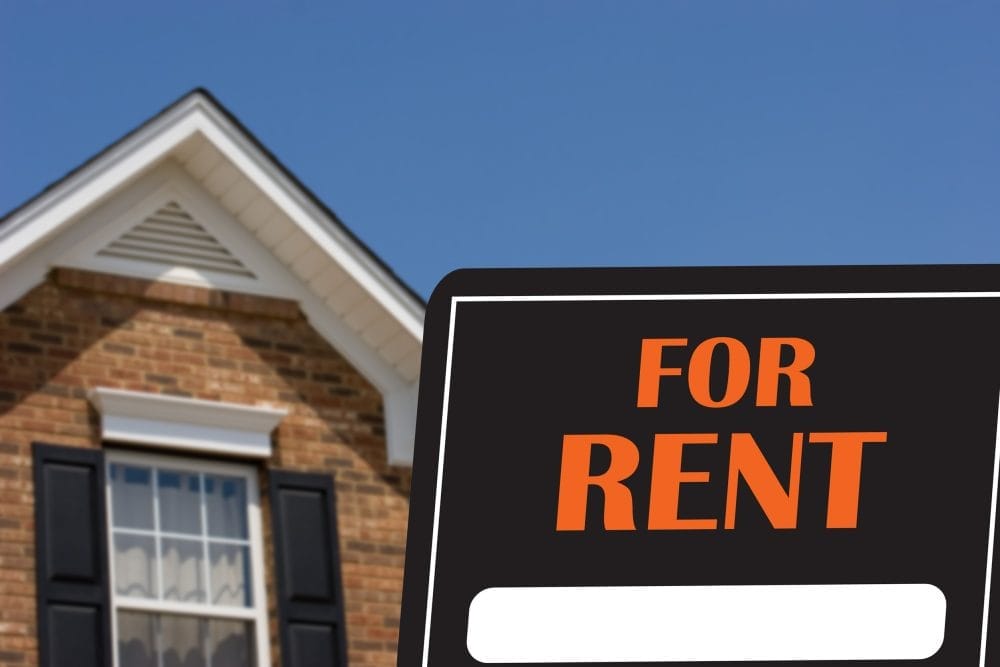Renting an apartment should be simple: pay rent, follow the lease, live your life. But for some tenants, that process comes with shady surprises like bogus “processing fees,” mysterious “move-in costs,” or even “pet paperwork charges.” These aren’t just annoying—they’re sometimes completely illegal.
Why would a landlord tack on fees that don’t stand up to the law? The answer lies in a mix of greed, power dynamics, and the fact that many renters don’t know their rights.
The Allure of Easy Money
Illegal fees can be tempting for landlords because they offer quick cash. They know tenants often pay up without asking questions, especially when a lease is hanging in the balance. For a landlord, slipping in a bogus charge might feel like pocketing free money. Most renters don’t want to risk losing a place they love over what seems like a small fee. That makes the risk-to-reward ratio heavily tilted in the landlord’s favor—at least in their eyes.
Exploiting Tenant Fear
Many renters feel pressured to agree to anything that secures a roof over their heads. Landlords who impose shady fees count on that desperation and fear of losing the unit. The imbalance of power makes tenants hesitant to argue, even when something feels off. By the time they realize the fee was illegal, they may have already paid it. That fear-driven silence keeps the cycle alive.
The Knowledge Gap
A huge reason illegal fees thrive is that many tenants don’t know what’s actually legal. Housing laws differ from state to state, and landlords take advantage of that confusion. If a tenant isn’t aware of the rules, it’s easier to pass off an illegal charge as legitimate. Some landlords even phrase fake fees in official-sounding ways to make them harder to question. Lack of knowledge is the perfect shield for shady practices.
Hiding in the Fine Print
Sneaky landlords often bury illegal fees deep in lease agreements. Buried language makes it seem like tenants agreed to everything, even if the law says otherwise. Few renters comb through every word of their lease, and landlords bank on that. Once signed, tenants often assume all terms are set in stone. That false sense of finality gives landlords cover to keep charging what they shouldn’t.
Targeting High-Demand Markets
In places where rental demand is sky-high, landlords have even more leverage. Tenants feel lucky just to land a place, so they’re less likely to argue over fees. Landlords know competition is fierce and use it as a weapon. When renters have fewer options, they’re more likely to accept whatever is thrown at them. High demand becomes the perfect smokescreen for questionable practices.
Playing on Urgency
Rental hunting is often a stressful, time-sensitive game. Prospective tenants may rush to sign before someone else scoops up the apartment. Landlords exploit that urgency by slipping in extra costs during the rush. Few people stop to fact-check fees when they’re panicked about losing a home. That chaotic moment is exactly when illegal charges feel hardest to fight.
Common Forms of Shady Fees
Illegal fees don’t always look the same. They can appear as vague “administrative charges,” inflated application costs, or even monthly add-ons for non-existent services. Some landlords even invent “inspection fees” or “lease renewal charges.” These aren’t standard or legal in many places, but are presented as normal. Tenants often pay without realizing they’re being duped.
Why Some Get Away With It
Landlords who demand illegal fees often bank on enforcement being weak. Housing authorities are stretched thin, and tenant complaints can take months to resolve. Many renters don’t even bother reporting issues, thinking nothing will come of it. That lack of consequences emboldens landlords to keep pushing boundaries. Without accountability, bad practices continue unchecked.
The Profit Motive
At the heart of illegal fees is simple greed. Some landlords want to squeeze every dollar possible out of their tenants. Even small fees add up quickly across multiple units, turning into thousands in extra revenue. They see it as a creative way to boost profits without technically raising rent. The profit incentive is a powerful driver behind these tactics.
When Ignorance Isn’t Bliss
Not all landlords are masterminds of deception—some genuinely don’t know the law. Smaller landlords managing just one or two properties may think a certain fee is acceptable when it’s not. But ignorance doesn’t make the charge any more legal. Tenants still end up footing the bill for an unlawful expense. Mistake or not, it creates the same unfair outcome.
The Tenant Response Factor
Some tenants fight back, and that changes everything. When renters challenge illegal fees, landlords are forced to reconsider. Legal action, complaints to housing boards, or even just pushing back can expose shady practices. Word spreads quickly when a landlord is caught overcharging. Tenants who speak up shift the balance of power.
Legal Backlash
Courts and housing authorities don’t take kindly to illegal fees. Landlords who get caught may face fines, forced repayments, or damage to their reputation. Legal battles can be costly and time-consuming, erasing any financial gain from the fees. Some states have even begun cracking down harder with stricter tenant protection laws. Those consequences show that playing fast and loose isn’t always worth it.
Tenant Power Through Awareness
Knowledge is the strongest tool renters have against illegal fees. The more tenants learn about their rights, the harder it becomes for landlords to sneak in unlawful charges. Community resources, tenant unions, and legal aid groups are powerful allies. Sharing stories and information helps close the knowledge gap. Empowered renters make shady fees much less effective.
The Bigger Picture
Illegal fees aren’t just about a few extra dollars—they represent a deeper issue of fairness and power in housing. Landlords who tack on bogus costs gamble on tenant silence, confusion, or desperation. But the more tenants push back, the more that cycle breaks down. Housing should be built on transparency and respect, not hidden tricks.
What’s your take—have you ever been hit with a questionable fee? Share your thoughts below.
You May Also Like…
- 9 Traps Landlords Use to Keep Your Security Deposit
- 6 Rental Add-Ons That Let Landlords Spy on Your Usage Patterns
- Why Some Landlords Are Now Tracking Water Usage to Spot Lease Violations
- Why Do Apartment Complexes Add “Convenience Fees” to Rent Payments?
- Could A Roommate Quietly Ruin Your Financial Future?








